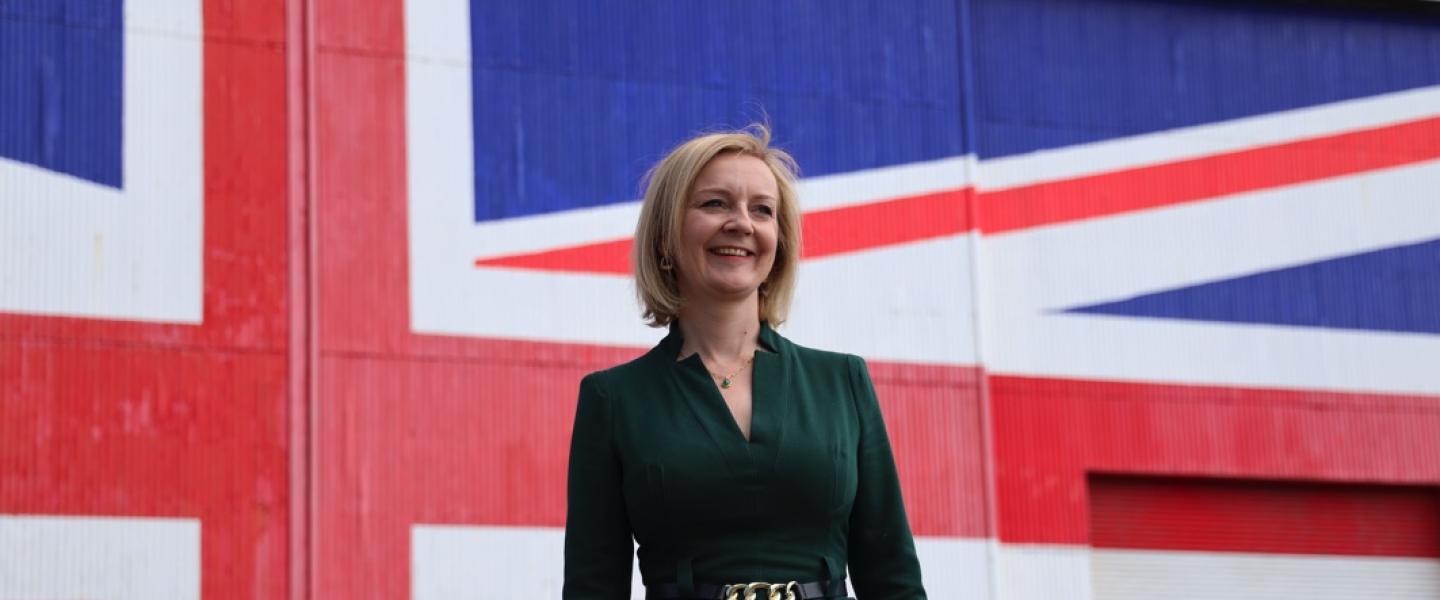On 6 September 2022, the UK appointed its new leader of the Conservative party and Prime Minister, Liz Truss.
At midday today, the Prime Minister was in the House of Commons opposite labour leader Sir Kier Starmer for the first session of Prime Minister's questions along with the newly appointed cabinet, including James Cleverly as Foreign Secretary, Suella Braverman as Home Secretary and Anne Marie Trevelyan as Transport Secretary.
Truss, who won the leadership contest, takes over a country currently in turmoil. The cost of living and energy crisis, staff shortages, industrial action and plans to pull the new bill of rights dominated the political agenda this afternoon – but what will the new Government mean for the UK and global maritime sector, and advancing human rights protections in the maritime environment?
On the campaign trail, Truss talked about her desire to "turbo-charge" Britain's free-port strategy. In July 2022, Truss said: As a Prime Minister, I will be focused on turbo-charging business investment and delivering the economic growth our country desperately needs. We can't carry on allowing Whitehall to pick the winners and losers like we have seen with the current freeport model"
"Full-fat freeports" would see locations such as Teesside in the Northeast of England, along with other coastal areas, turned into investment zones in a bid to boost the UK economy.
Truss has said that she will take bold actions to get the UK through the challenging climate to grow the economy and says that the new Government aims to unleash the country's potential. The maritime sector in the UK contributes around £37.4 billion, with nearly half of its food and energy imported and 95% of its trade reaching its shores by sea.
Human Rights at Sea looks forward to engaging with the new Government to drive further the HRAS Geneva Declaration - a significant milestone in the fight to end human rights abuses at sea, and which featured extensively in the 2022 House of Lords Inquiry into the 1982 UN Convention on the Law of the Sea being fit for purpose in the 21st century despite a poor government response to date.
The Declaration targets human rights abuses from piracy, criminal violence, breaches of maritime labour rights, seafarer abandonment, slavery, trafficking, child labour, and failures in equality and inclusion. It applies to seafarers, fishers, offshore oil and gas workers, and the cruise industries.
It extends to passengers, scientists, state officials on naval and coast guard vessels, migrants and refugees, and people involved in unlawful activities so that the lives of seafarers, who play such a vital role in everyone's day-to-day lives, are protected by law.
In January 2019, the UK Government published its policy paper, Maritime 2050: Navigating the future, which details the vision and ambitions for the future of the British maritime sector. The progressive plans focus on seven themes: UK competitive advantage, technology, people, environment, infrastructure, trade and security.
In August 2022, the UK Government set out a National Strategy for Maritime Security. The five-year plan has five key objectives: protecting UK homeland, responding to threats, ensuring prosperity, championing values, and supporting a secure, resilient ocean.
Both the policy and strategy is a welcome commitment to improving collaboration with both industries and governments across the globe to help deliver a more secure maritime environment.
Human Rights at Sea will continue to support the UK government's efforts to better participate and sustain the global narrative for protecting the fundamental human rights of all persons reliant on maritime access and ocean resources.
Like all coastal states, the maritime sector to the UK is unquestionably necessary. It has been and will continue to be its economy's quintessence, and we must ensure that it and all associated human, labour and social rights protections consistently remain at the top of the new Government’s political agenda
Contact: If you have any questions, please write to us at enquiries@humanrightsatsea.org
About Sharing. We welcome the use and dissemination of our work with proper accreditation. Please ensure that our Terms of Use are conformed with at all times.
